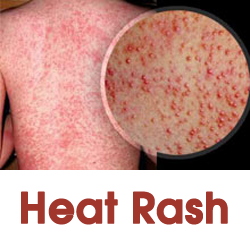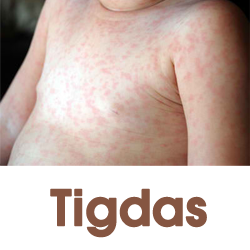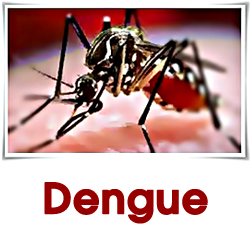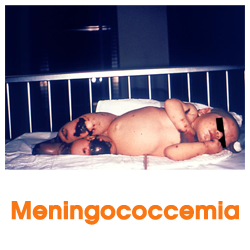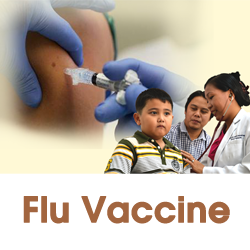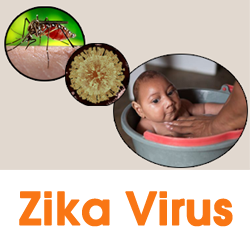Health Tips!
ZIKA VIRUS
by: Ronaldo V. Mendoza, MD, MBA in Health
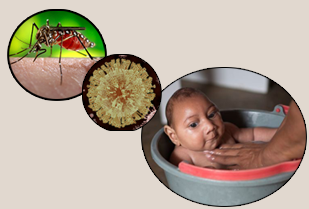
The Zika Virus(ZIKV) is presently causing a worldwide scare. The World Health Organization (WHO) recently declared the virus a global health emergency. Even our own Department of Health (DOH) has issued an advice to child-bearing women to delay pregnancy while the virus scare is still widespread after the virus was associated with birth defects in the form of small heads and underdeveloped brain.
But what is this virus all about?
Zika Virus is a mosquito borne virus first isolated from rhesus monkeys in 1947. The first human infection was reported in the Africa in 1954. Since then outbreaks has occurred periodically in South Pacific countries, South East Asia and French Polynesia.
The first documented case of Zika Virus infection in the Philippines occurred in May 2012 during an active surveillance study for acute febrile illness initiated in Cebu City. It involves a 15 year old boy who presented with fever, headache, conjunctivitis, sore throat, body pains, nausea and vomiting with no rashes. Symptoms that is very similar to common Acute Viral Illness. After yielding negative results from tests on dengue and Chikungunya, the patient's blood serum tested positive for Zika virus. The patient recovered fully after three weeks of continuous bed rest and medication.
Secretary Janet Garin of the Department of Health has confirmed the sexual transmission of Zika Virus after a young housewife was infected by her husband who previously traveled in an endemic area. Examination of the husbands' semen confirmed the presence of the Zika Virus. The health secretary said that unlike HIV and hepatitis, the Zika Virus does not stay in the human body for life.
Two large outbreaks occurred the past decade in Micronesia and French Polynesia and the Center for Disease Control (CDC) has warned the high potential for geographical spread for countries where Aedes mosquitos are present. Most notable of which are South Pacific and South East Asian Countries like Thailand, Vietnam, Malaysia, Indonesia and the Philippines.
While the general spectrum of ZIKV-associated illness remains unclear, most of the confirmed cases of Zika Virus Infection are mild and with spontaneous clinical improvement. Neurologic complication such as Guillain Barre Syndrome, a rapid-onset muscle weakness disease is rare.
How to prevent transmission?
There is no available vaccine to prevent infection. Secretary Garin has advised travelers going to and coming from countries with known Zika virus cases to maintain a high level of vigilance and self-care. Incoming tourists are being closely monitored by the DOH through the Bureau of Quarantine. Philippine Red Cross (PRC) Chairman Richard Gordon emphasized the non-acceptance of blood donation from those who arrived from countries affected by the virus such as Brazil and Columbia. He noted that the PRC will be mounting weekly information campaigns and cleanup drives in various communities nationwide.



